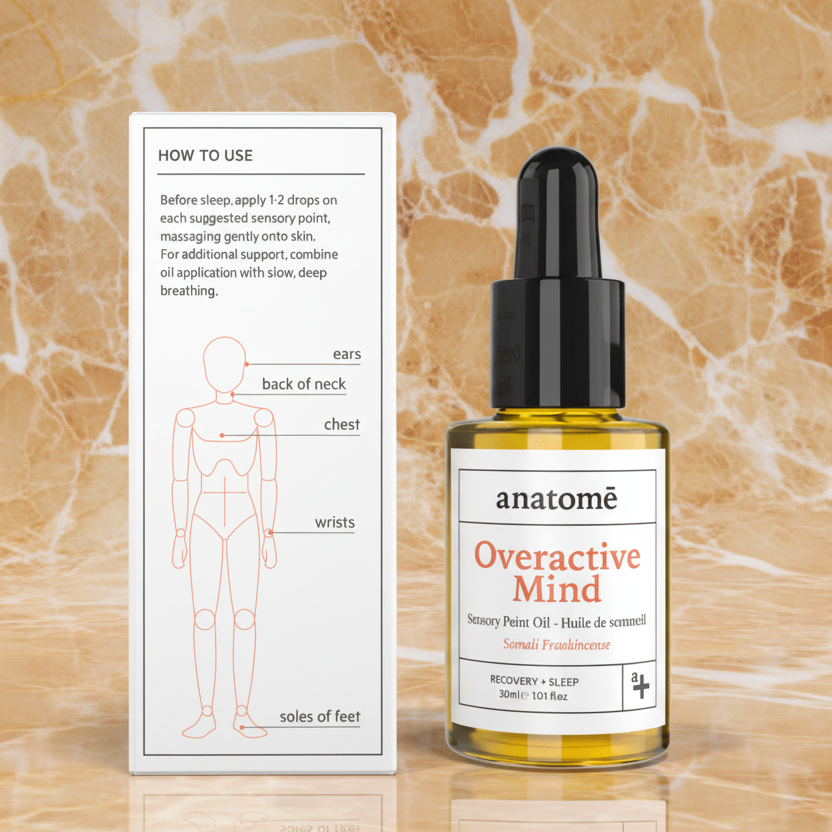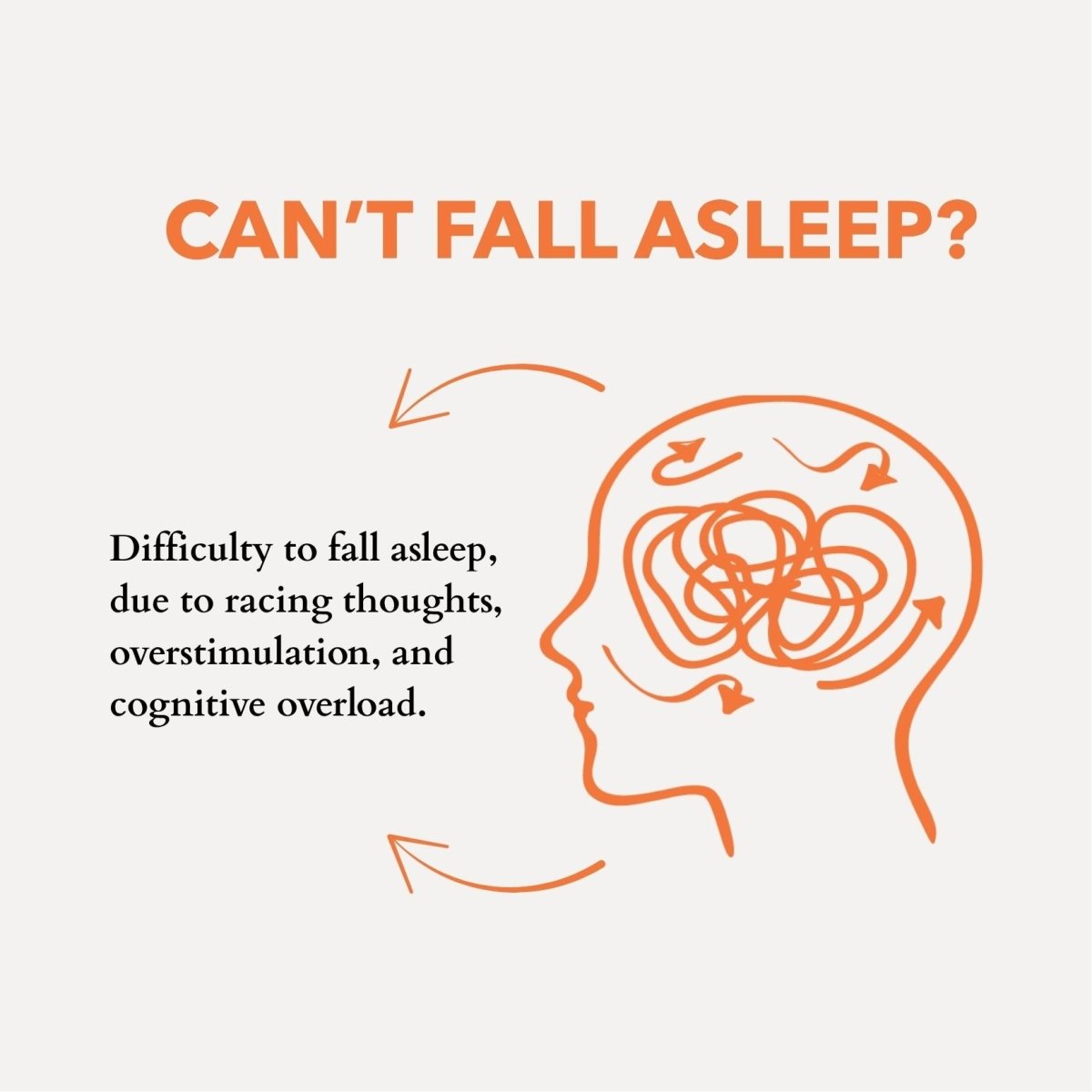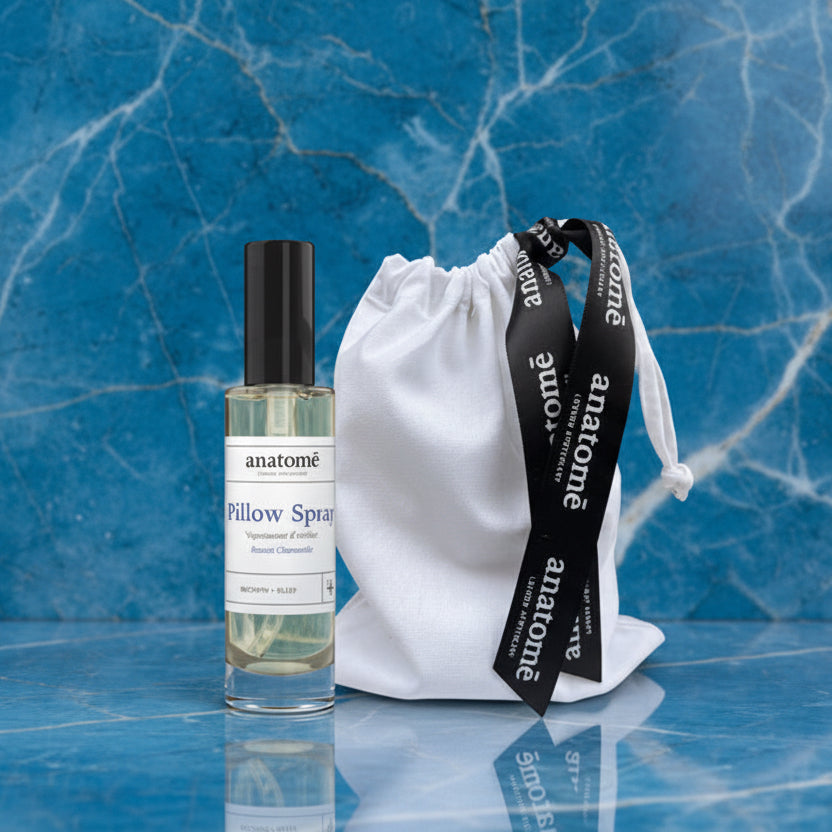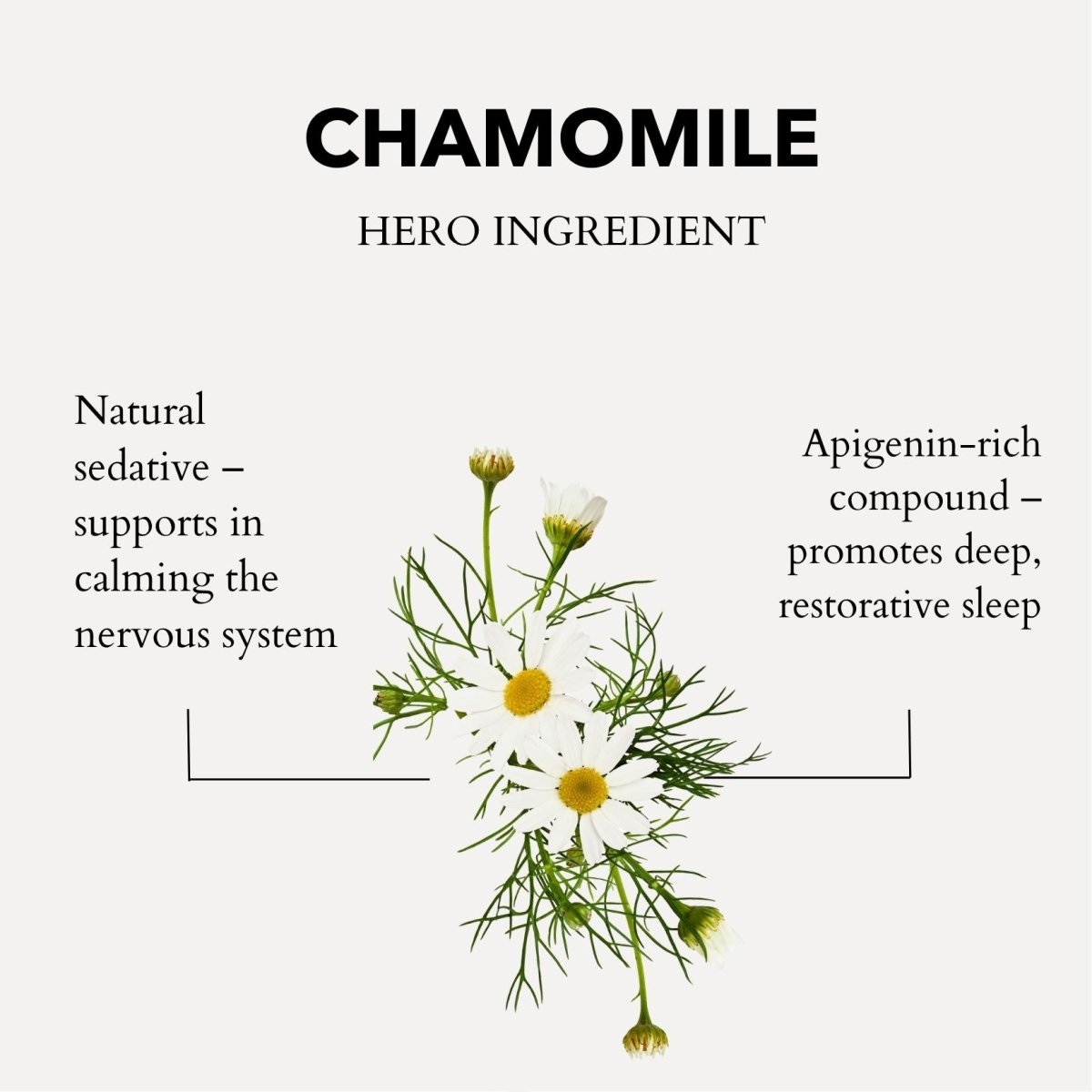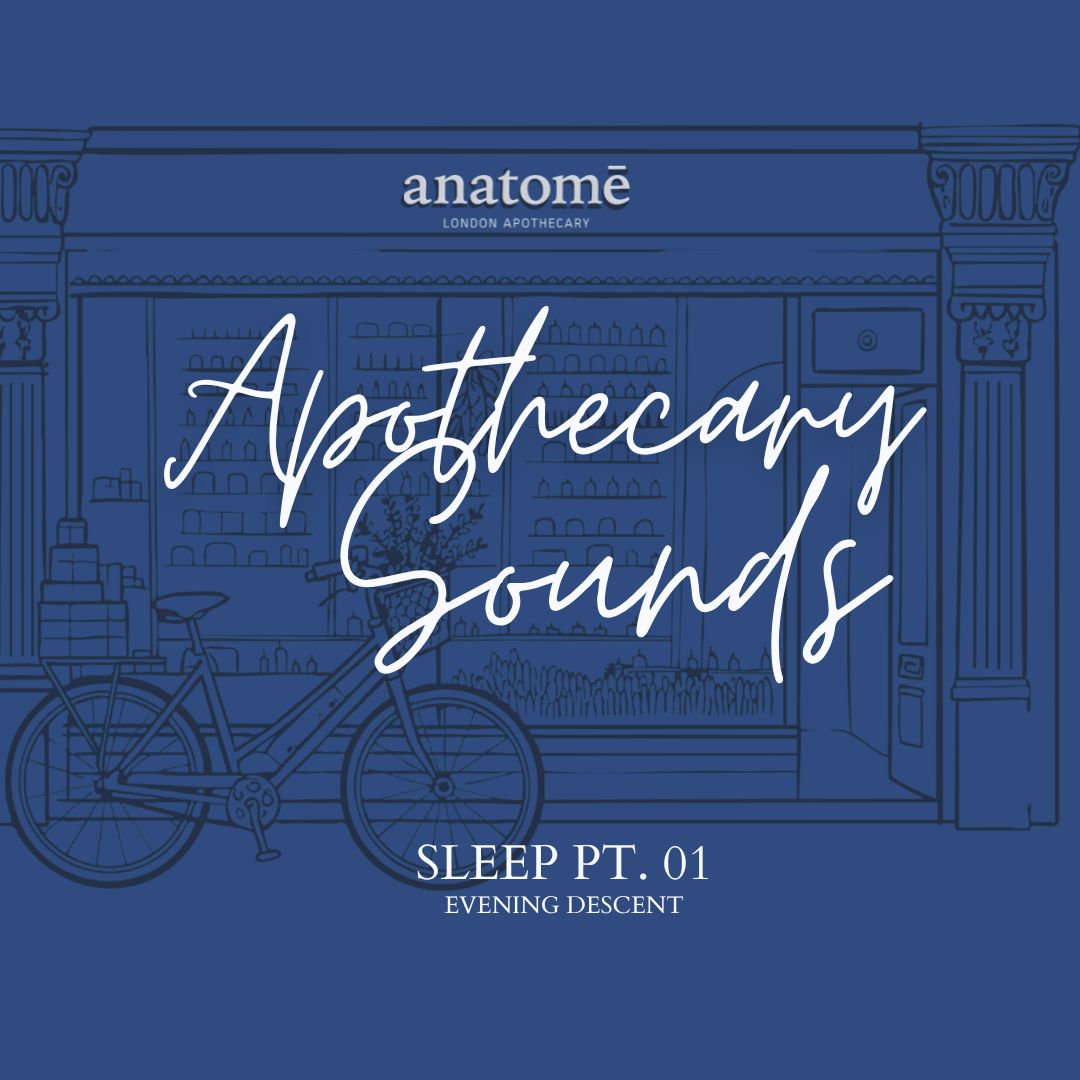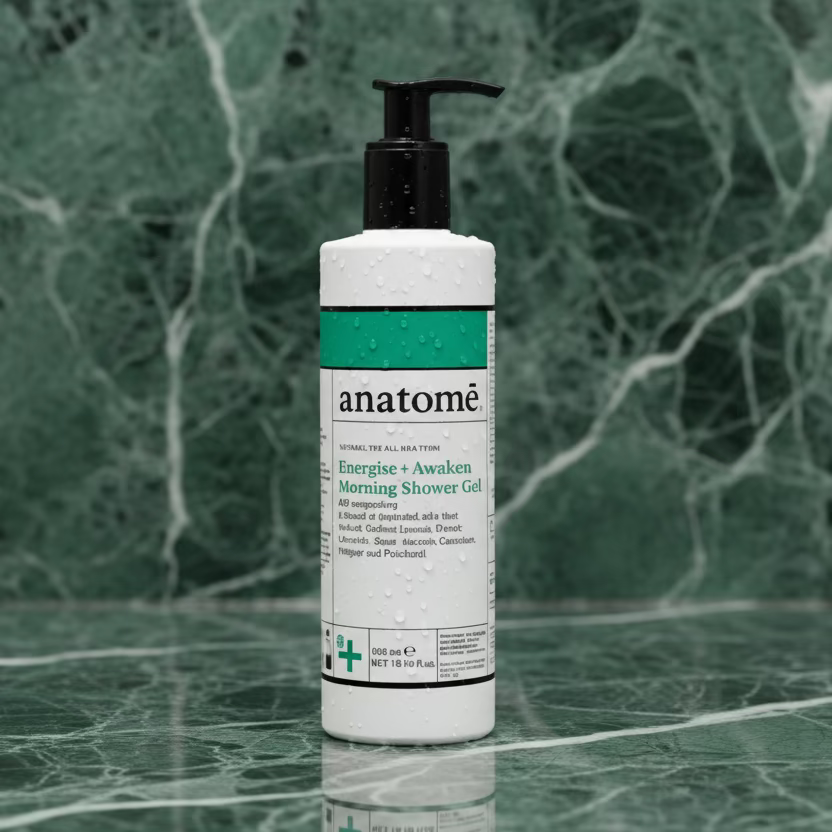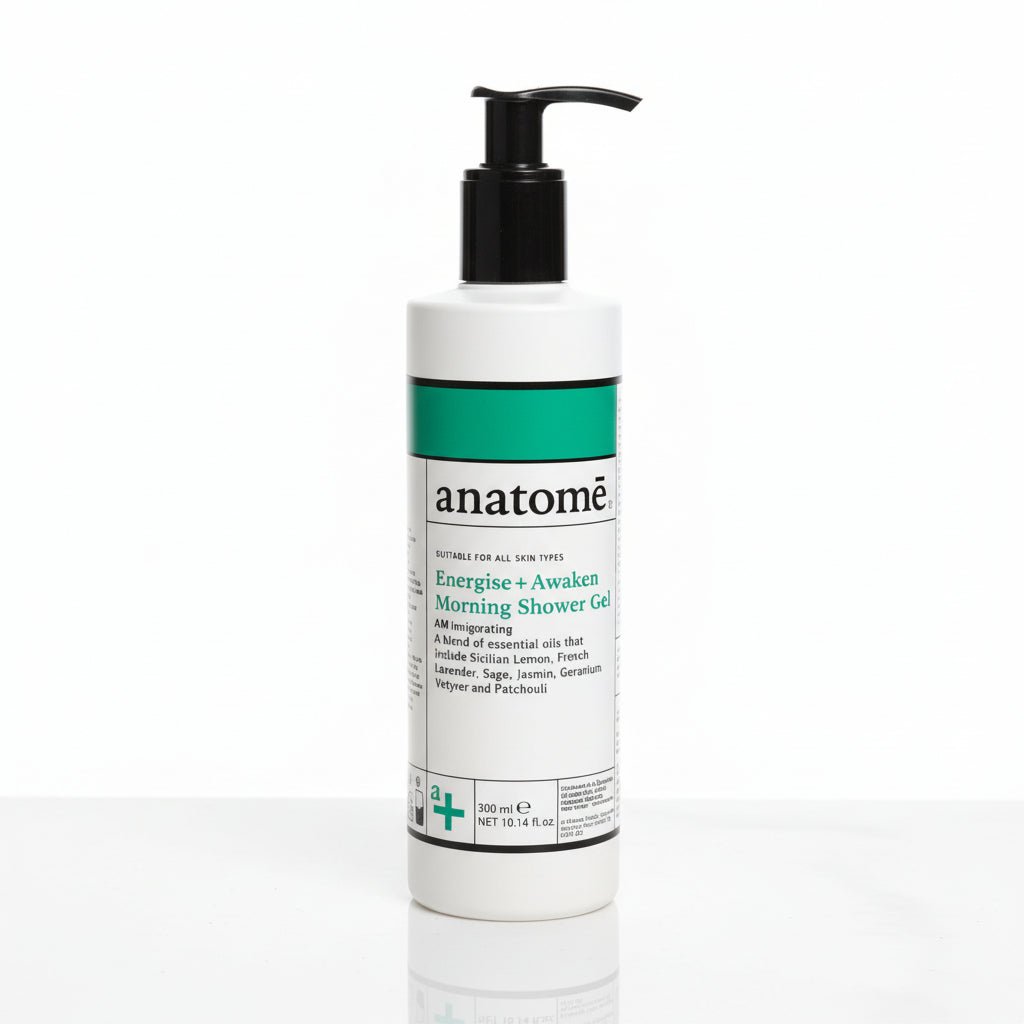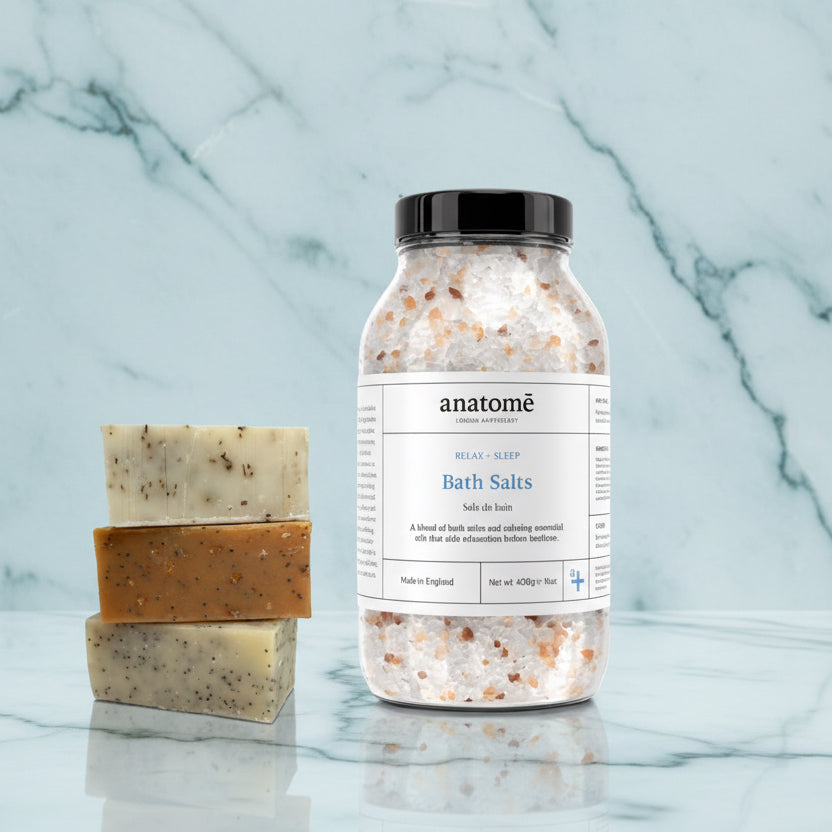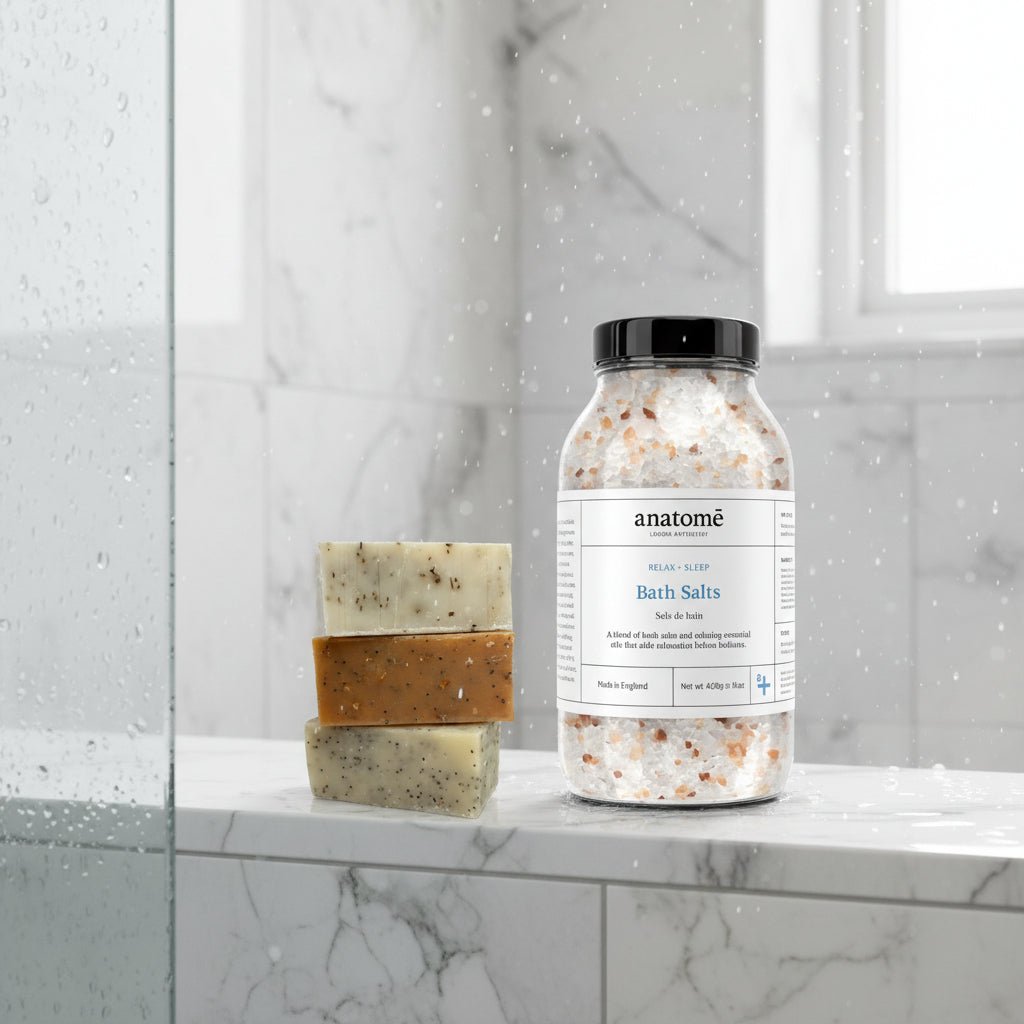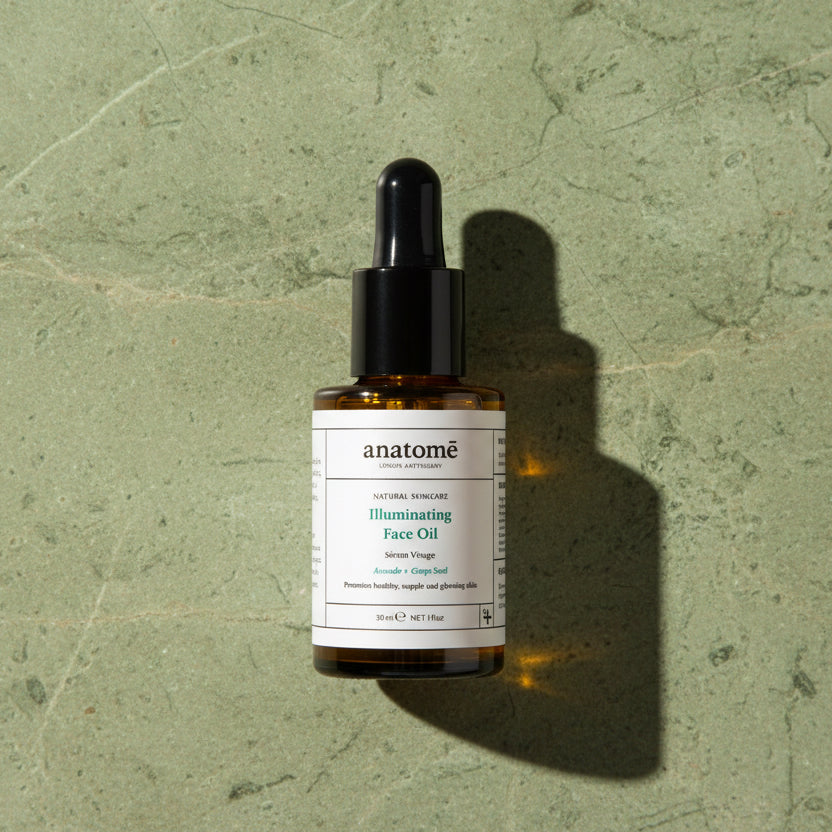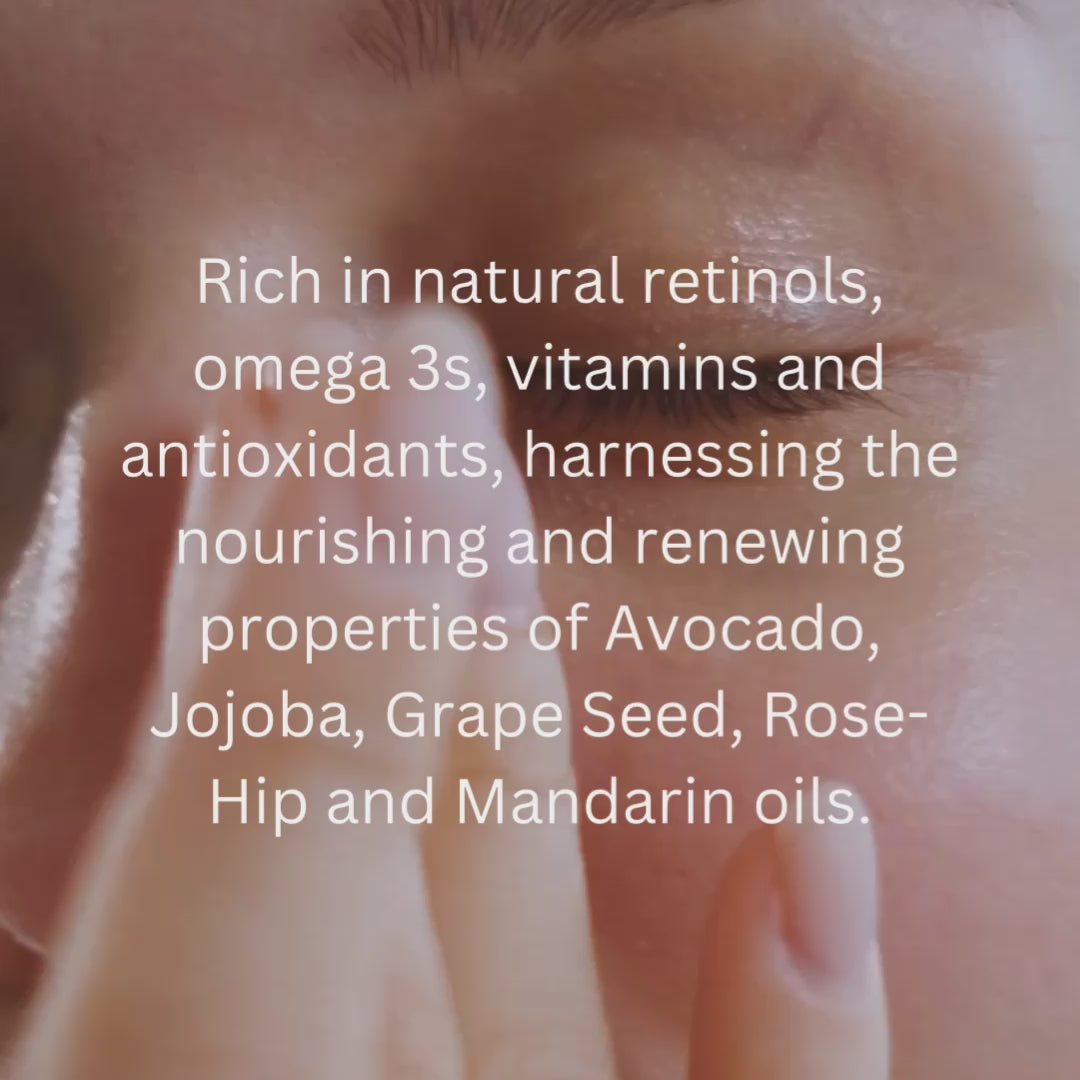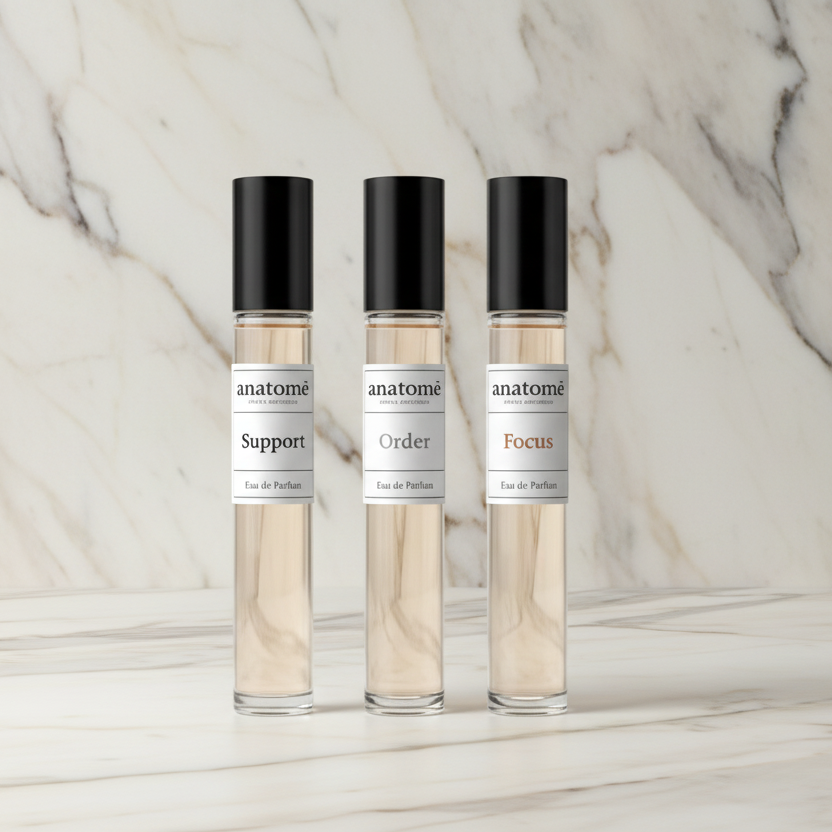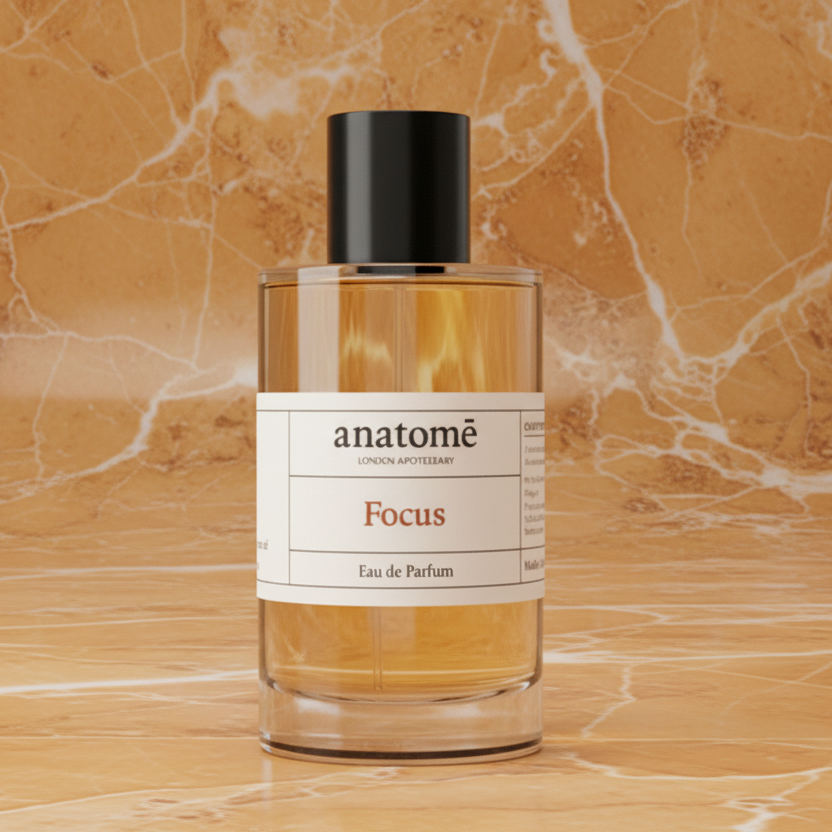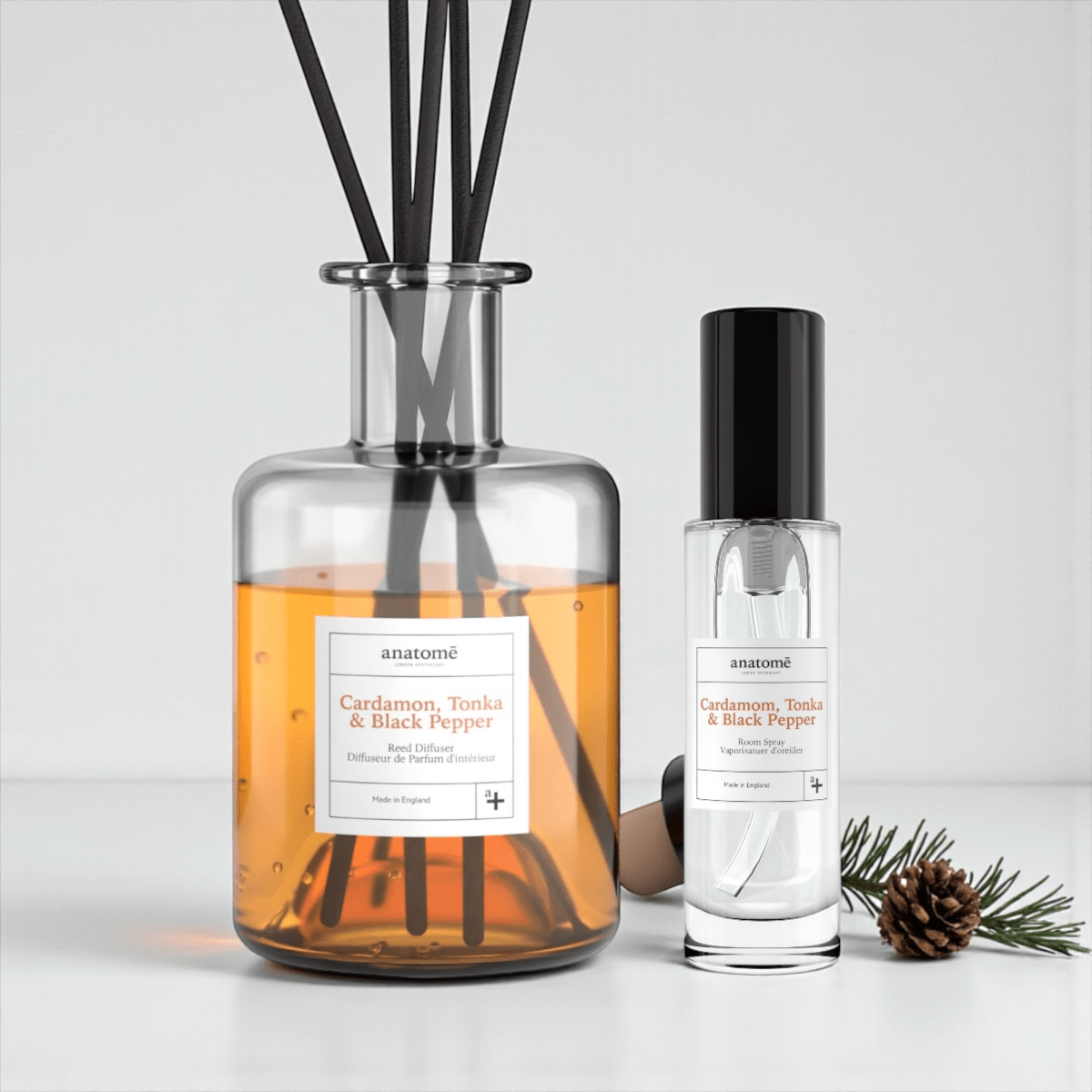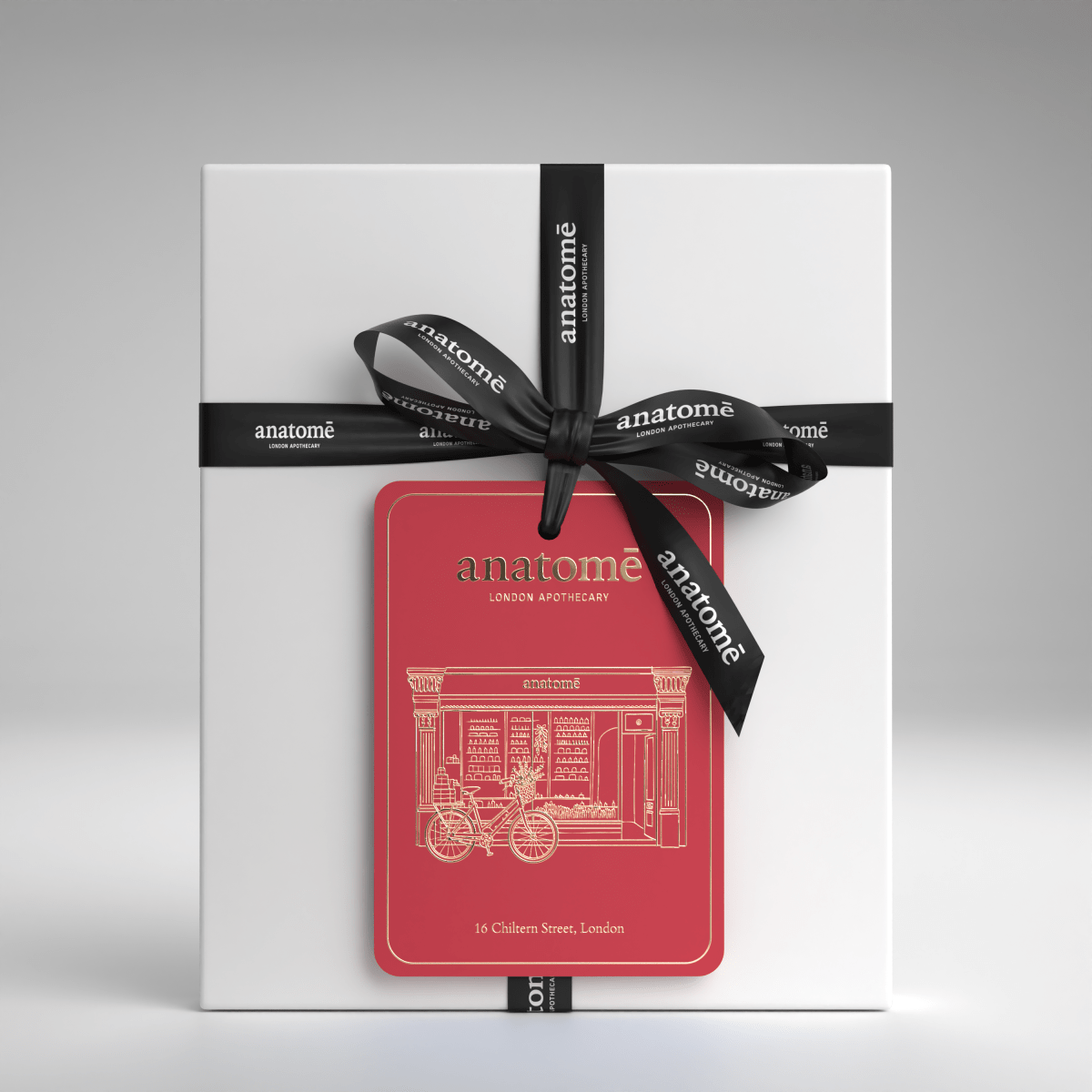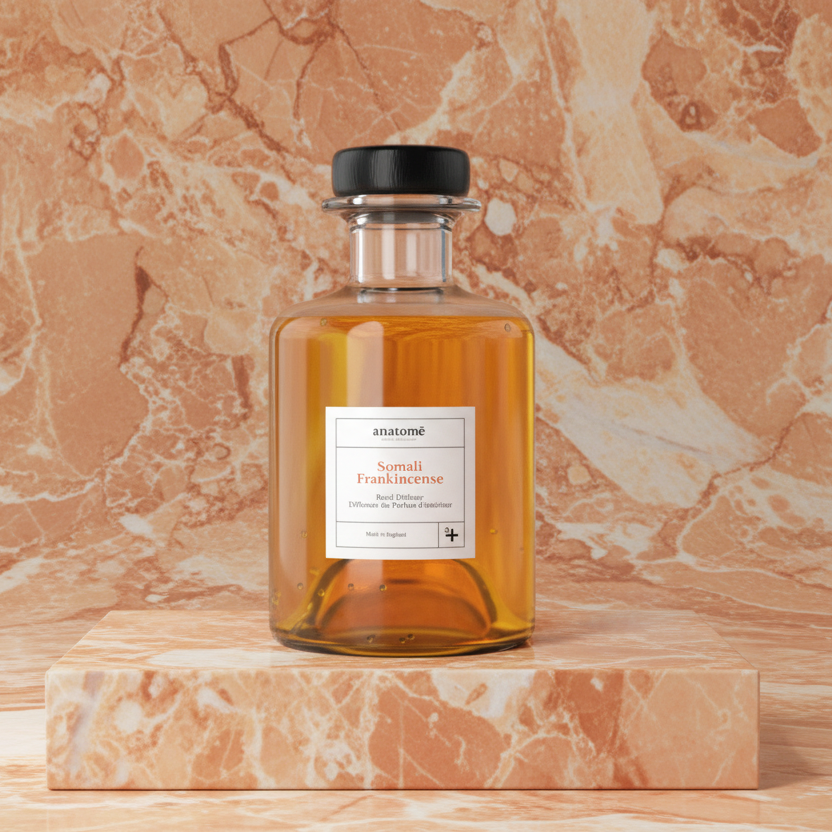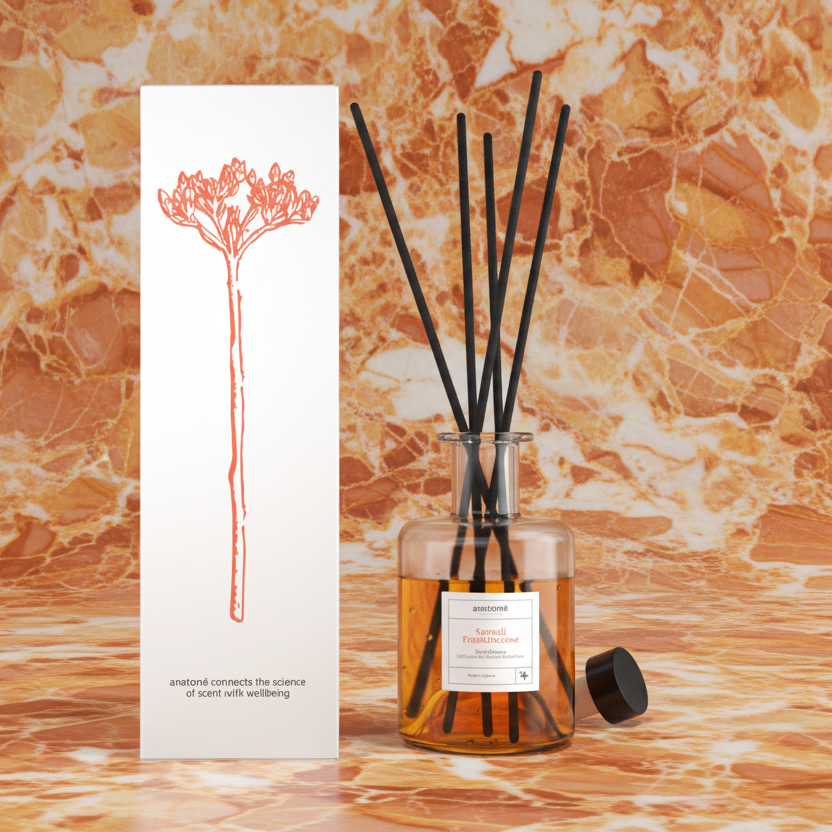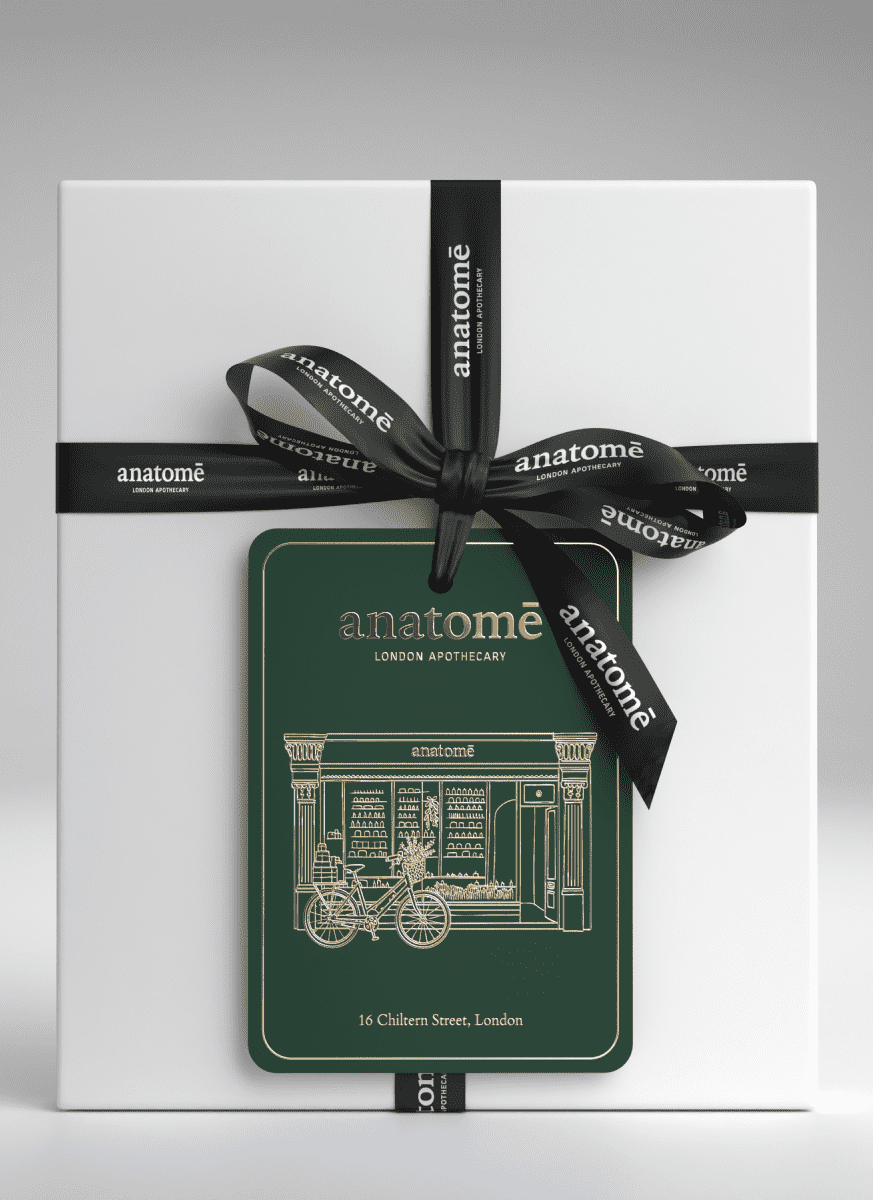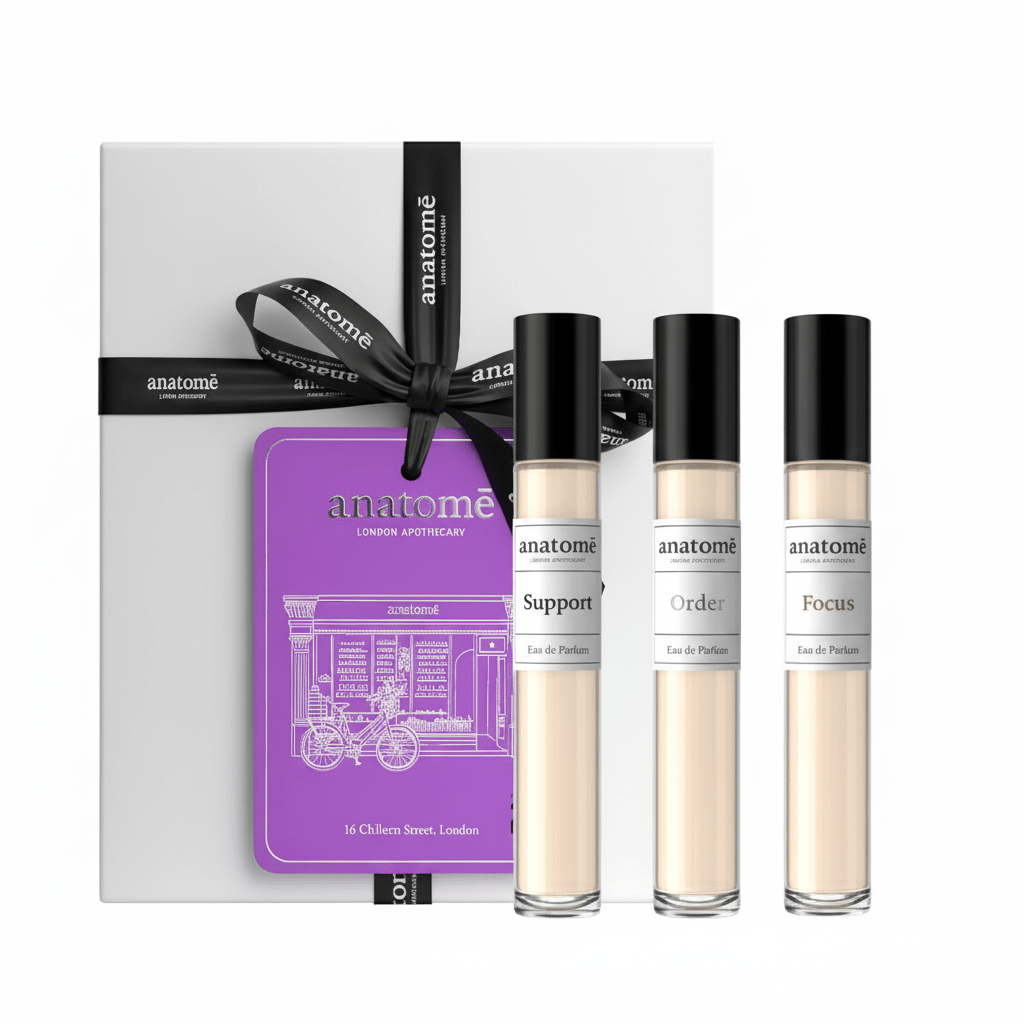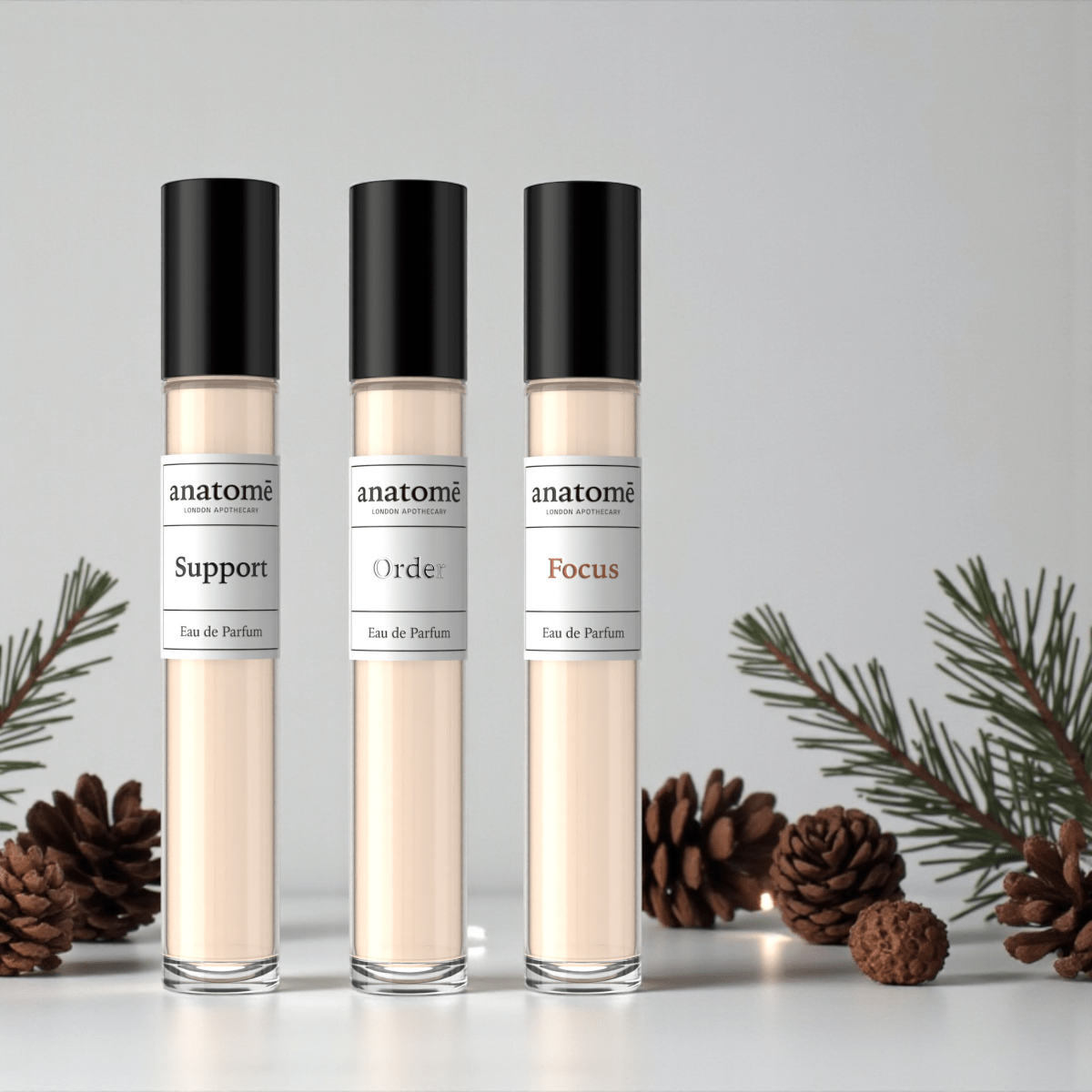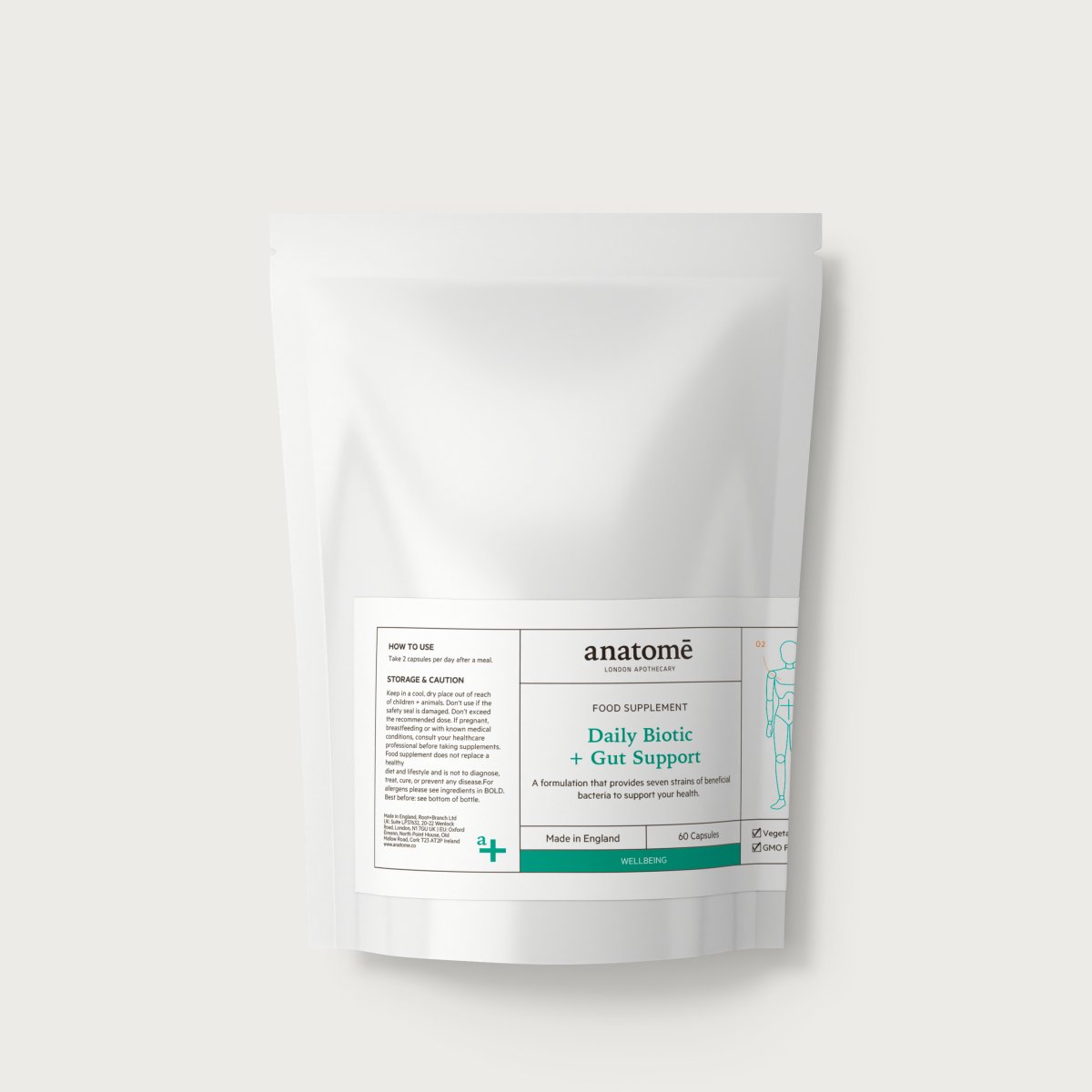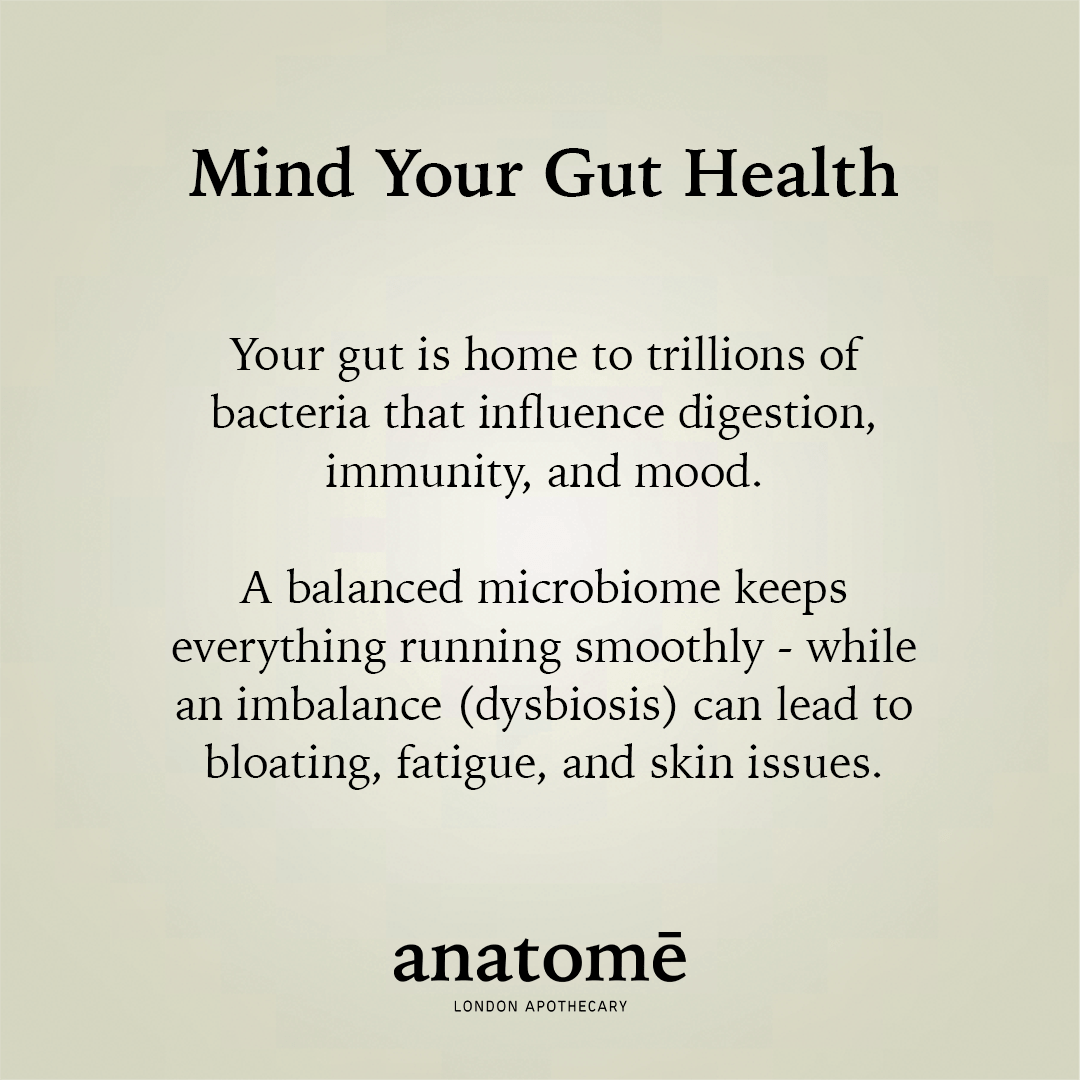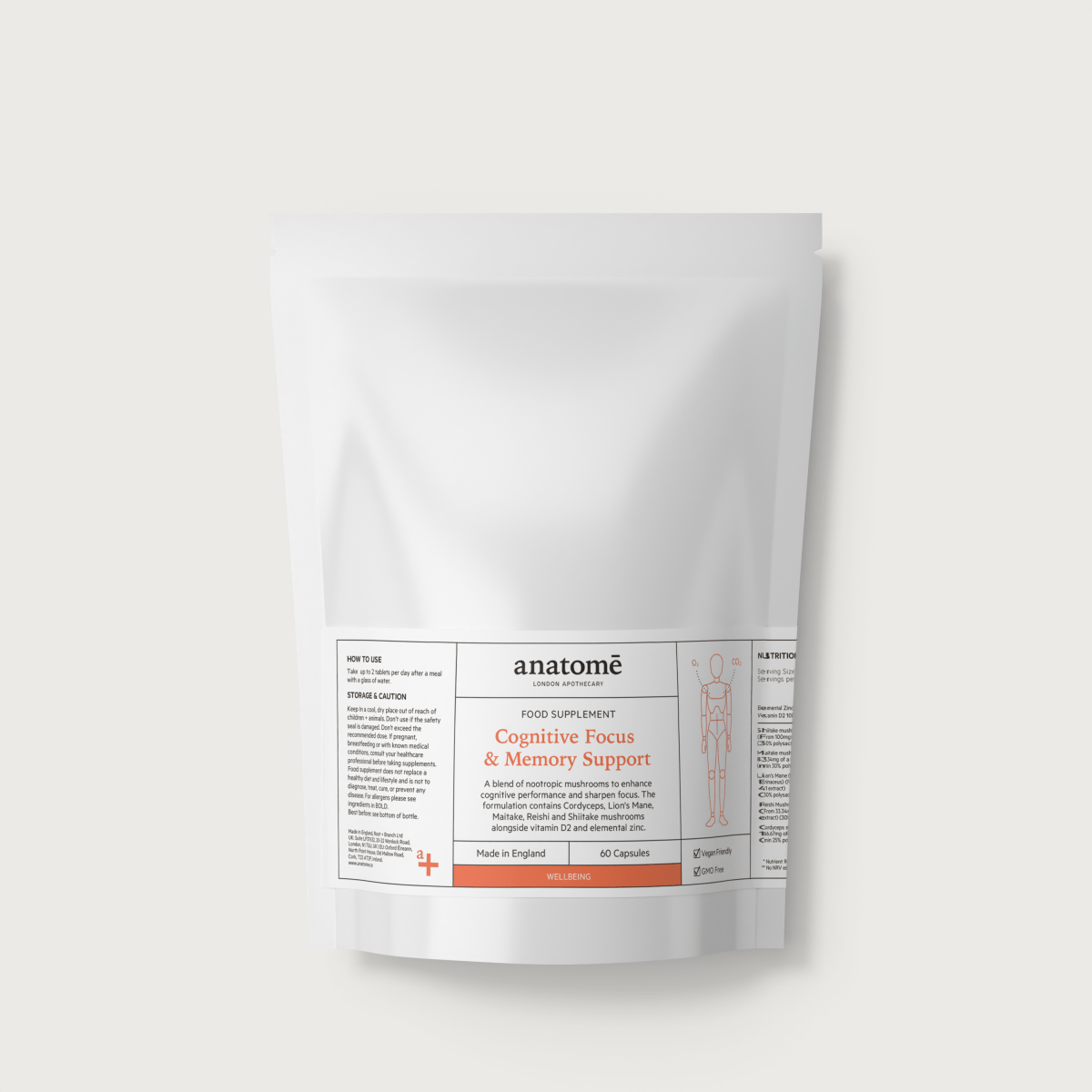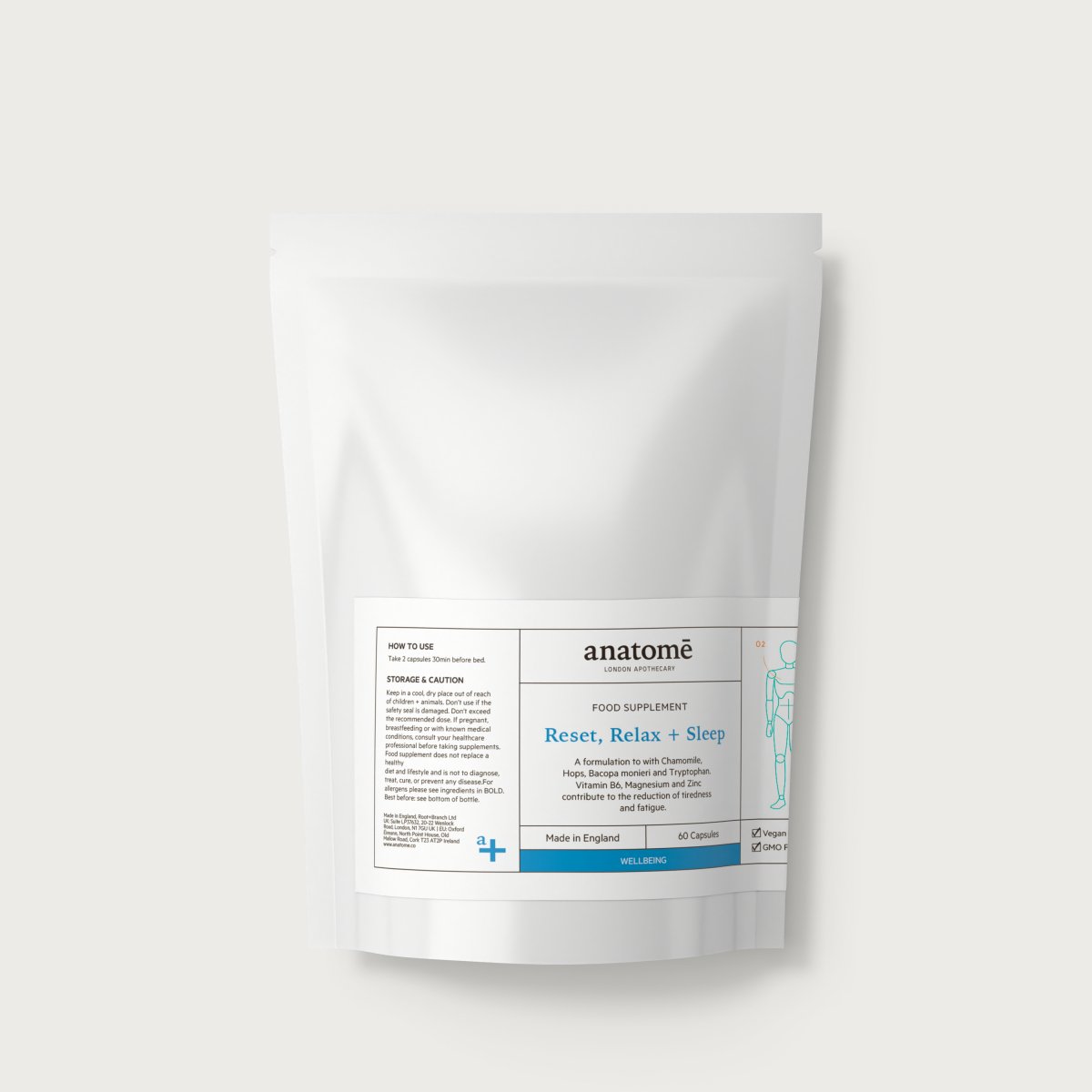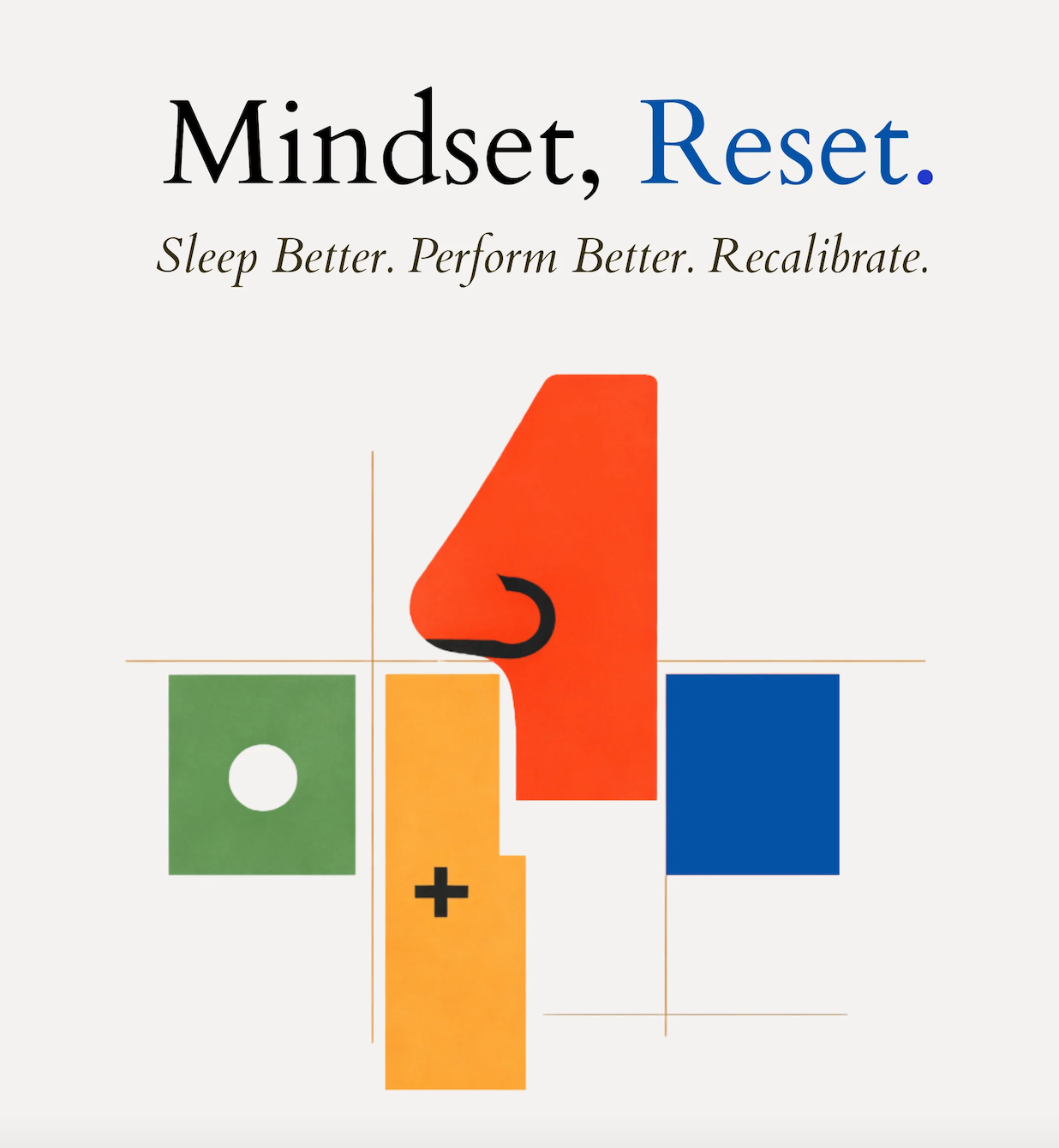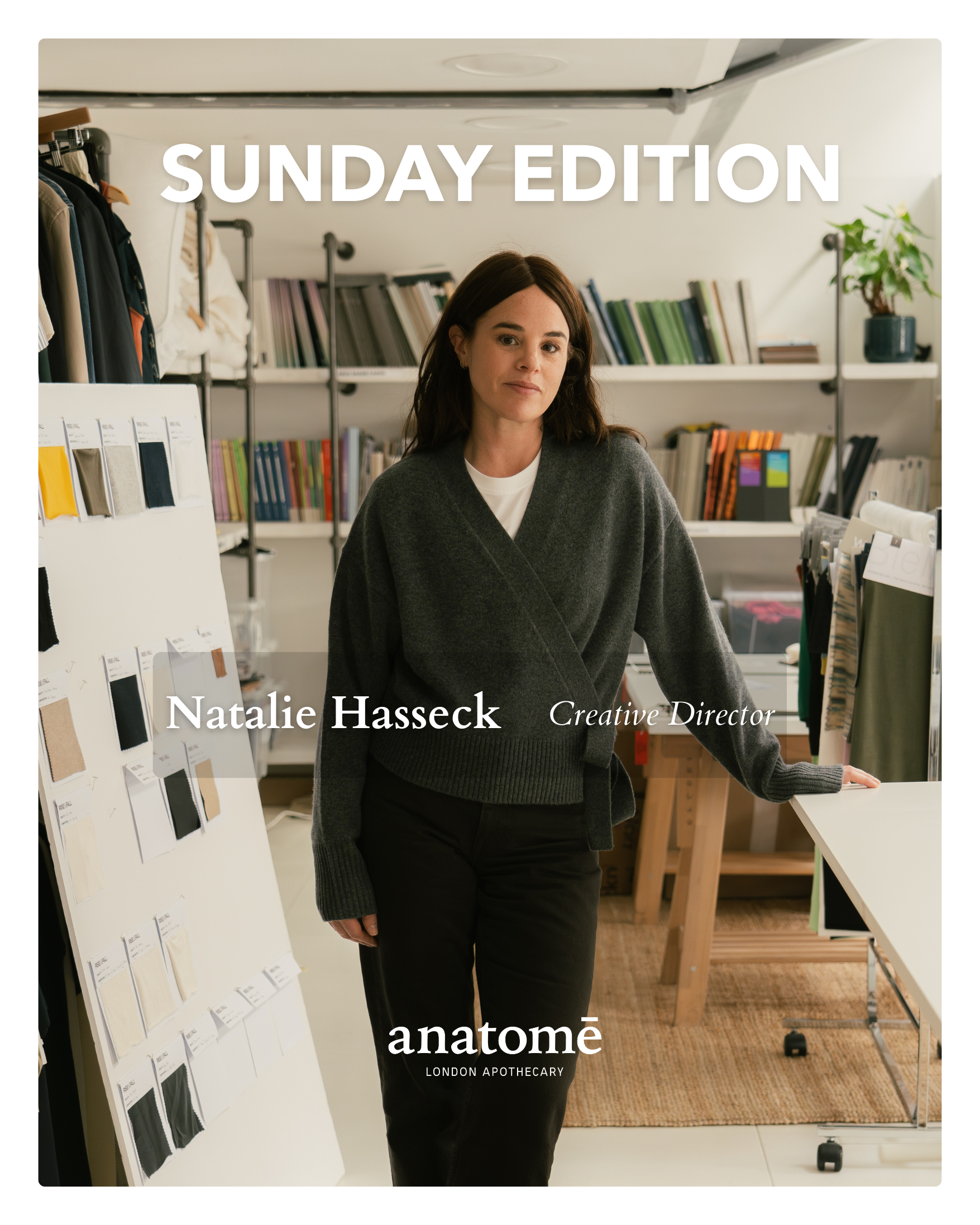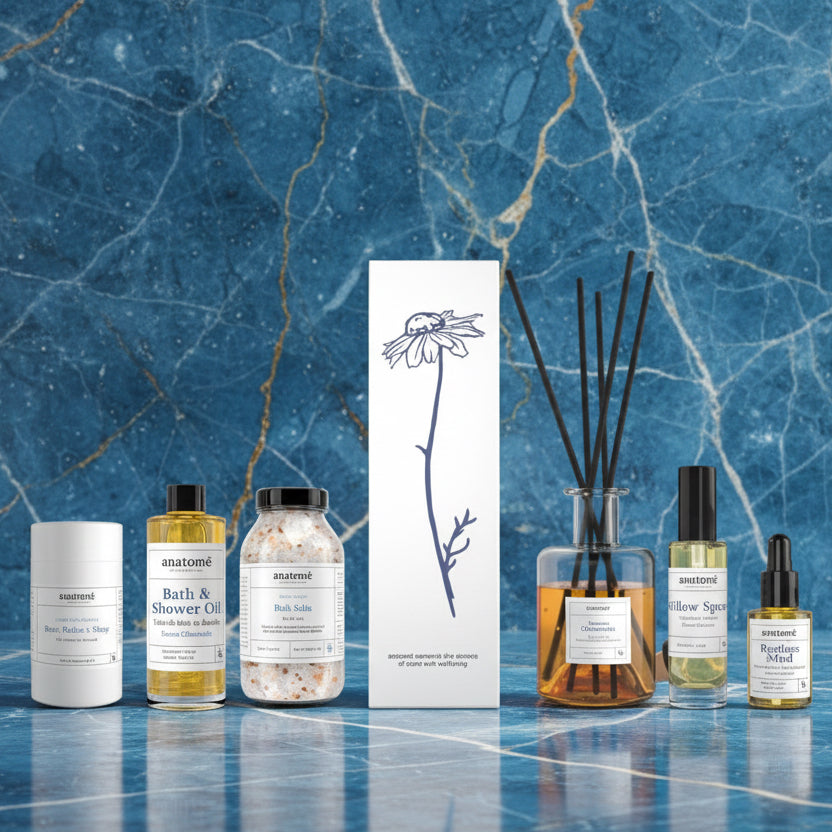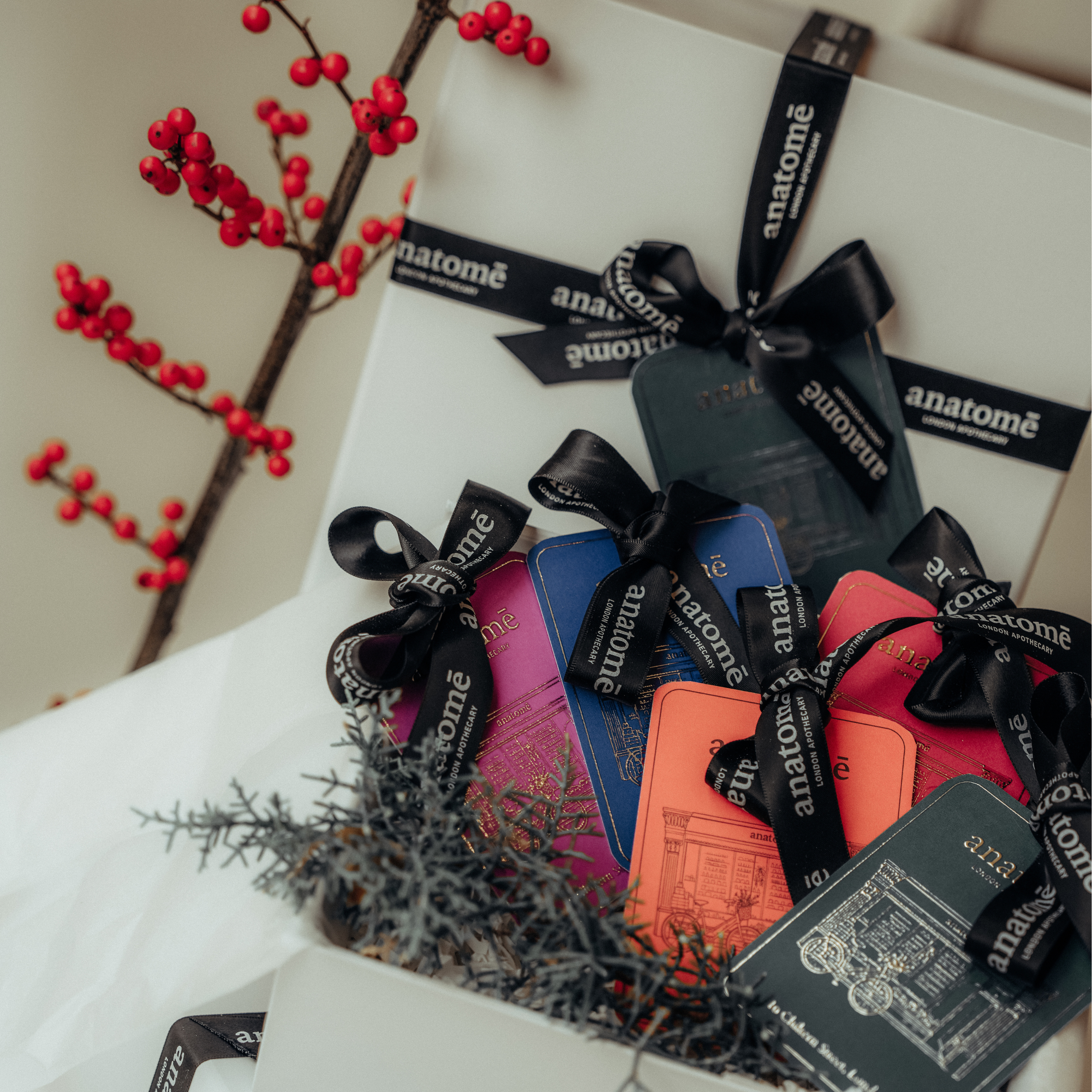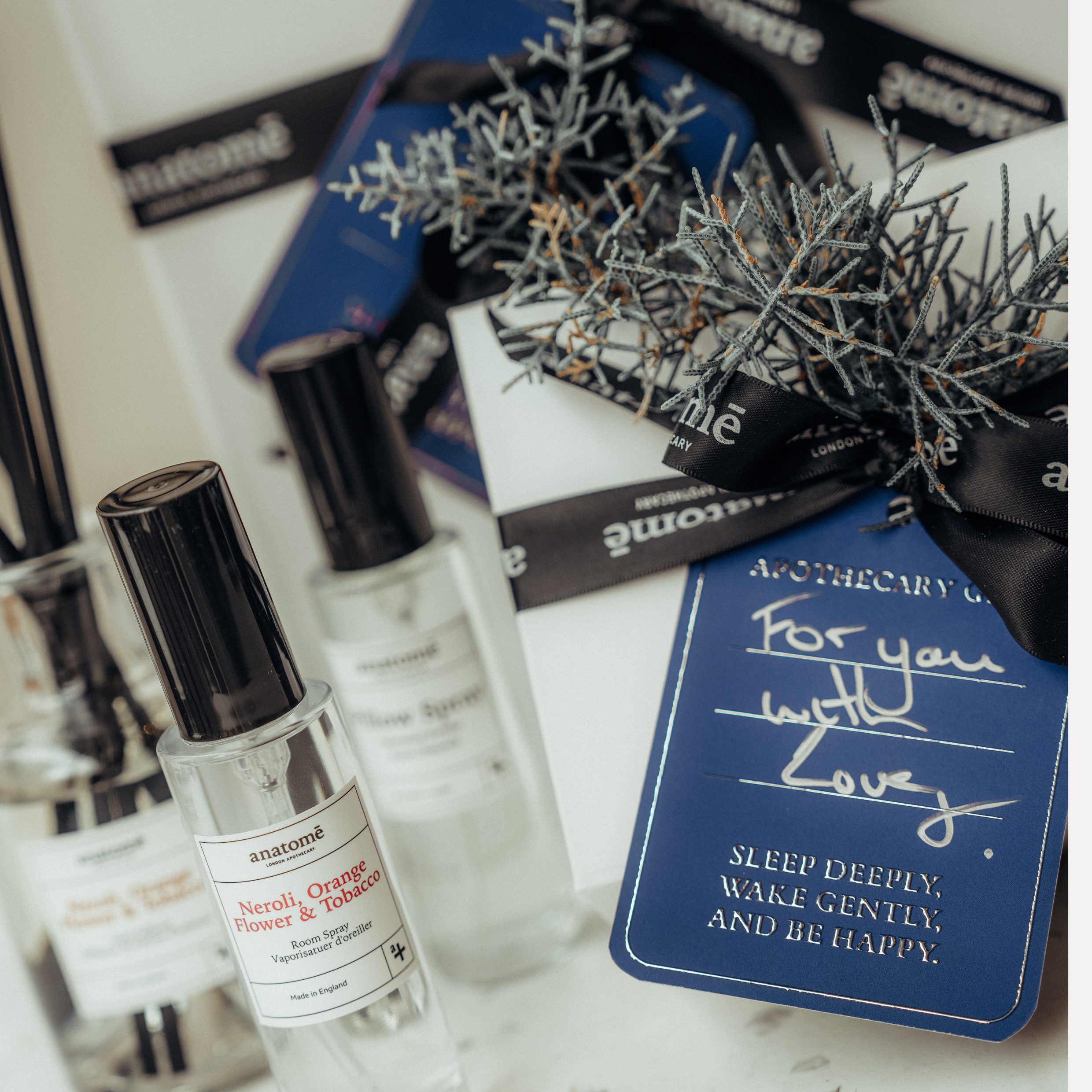Maintaining personal wellbeing within the context of a relationship involves balancing individual needs with partnership dynamics. As we navigate this terrain, let's delve into the biological and psychological aspects of how relationships and alone time impact our wellbeing. Research published in the Journal of Marriage and Family highlights the significant reduction in leisure time experienced by couples with children compared to childless couples.
No news here, right?
This reduction in personal time can lead to heightened stress and fatigue levels, underscoring the importance of prioritising self-care within relationships.
Differences in habits between partners can present additional hurdles. Studies from the University of California, Berkeley, and the University of Oxford have shown that couples who engage in open and constructive communication about their habits and preferences report higher levels of relationship satisfaction and overall wellbeing. Well, no news again, and now we're bordering on patronising you. We have science coming to soothe those concerns.
What does science say about your relationship?
Biologically, a supportive partner's presence can profoundly affect our physiology. The release of oxytocin, often referred to as the "love hormone," during moments of connection and intimacy promotes feelings of trust, bonding, and relaxation. This hormone plays a key role in reducing stress levels and fostering emotional closeness between partners.
On the other hand, spending time alone also has important implications for our wellbeing. Research conducted at Harvard Medical School has shown that solitude and quiet reflection can activate areas of the brain associated with creativity, problem-solving, and introspection. This alone time allows individuals to recharge their mental and emotional batteries, leading to greater resilience and self-awareness.
How do we play it, then?
A bit of both and lots of discussions on how to make it work. Understanding the delicate balance between togetherness and solitude is essential for cultivating a healthy and fulfilling relationship. By prioritising individual needs and shared experiences, couples can create a supportive environment that fosters personal growth and mutual wellbeing.
To put theory into practice, here are anatome's evidence-based wellbeing practices tailored for couples:
Alone Time Practices:
- Schedule regular periods of solitude: Set aside dedicated time each day for quiet reflection and introspection. This could involve journaling, meditation, or engaging in a hobby that brings you joy.
- Prioritise quality sleep: Establish a bedtime routine that promotes restful sleep, avoid screens before bed, create a comfortable sleep environment, and practise relaxation techniques.
- Engage in physical activity: Incorporate regular exercise into your routine to boost mood, reduce stress, and improve overall wellbeing. Whether going for a walk, practising yoga, or hitting the gym together, find activities you enjoy.
Together Time Practices:
- Plan regular date nights: Set aside dedicated weekly time for shared activities that bring you closer together. It could include going for dinner, taking a class together, or simply enjoying a stroll in the park.
- Practice active listening: Take the time to (actually) listen to your partner's thoughts, feelings, and concerns without judgment or interruption. It fosters a sense of emotional intimacy and strengthens the bond between you.
- Express gratitude and appreciation: Make a habit of expressing gratitude for your partner and acknowledging the positive aspects of your relationship. It cultivates a culture of appreciation and reinforces feelings of love and connection.
Above all, if challenges arise, remember that your wellbeing is your responsibility. Not expecting someone to deliver that to you, but wanting them to join you in finding happiness and wellness together is what being with someone is all about.
Happy Valentine's day, whether you're single, partnered or in-between. Remember: self-love is the greatest love of all.

